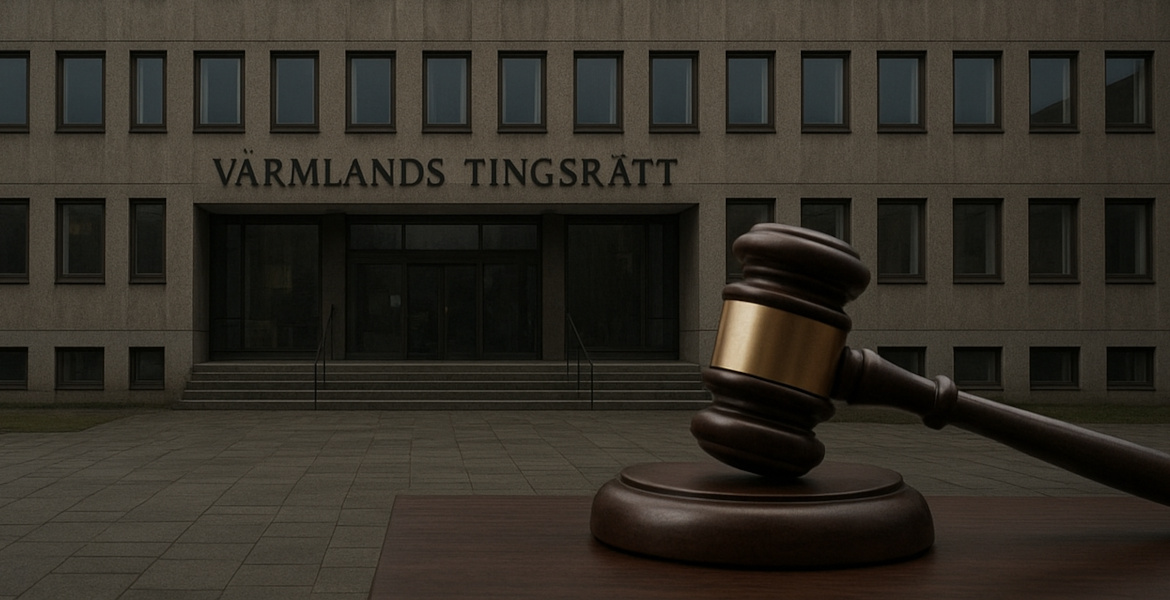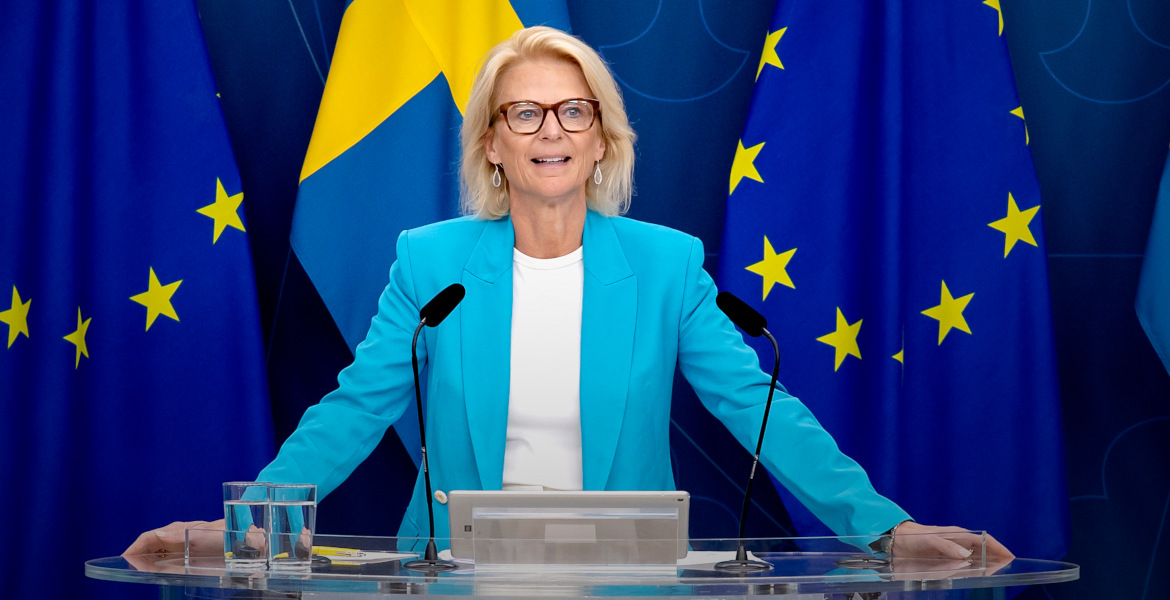Six young men and women are being prosecuted at Värmland District Court in Sweden, suspected of systematically exploiting and abusing people with intellectual disabilities. The charges include serious sexual offenses and extensive fraud.
The prosecutor describes the crimes as planned and characterized by particular ruthlessness and brutality. The indictment covers three men and three women aged 20–25, residing in the Swedish cities of Karlstad, Eskilstuna, Örebro, and Örnsköldsvik.
They are suspected of jointly contacting their victims via the internet, forcing them to perform sexual acts on themselves, and then filming, distributing, and ridiculing the material.
According to Senior Prosecutor Lena Bohlin, the crimes were not committed for personal sexual gratification, but with the intent to sexually humiliate. She states that the victims were in a particularly vulnerable situation due to their disabilities, and that the abuse was both repeated and degrading.
The indictment reveals that several of the accused participated simultaneously in each incident and encouraged the victims to perform acts such as penetrating themselves with various objects.
The videos were then shared within the group, often accompanied by laughter and derogatory comments.
— I have classified several incidents as serious crimes, partly because there are multiple perpetrators and because the criminality was part of a systematic violation of the victims' sexual integrity. Many of the acts also contain degrading elements, says prosecutor Lena Bohlin in a press release.
Systematic and well-planned
In addition to the sexual offenses, several of the suspects are charged with serious fraud. Through so-called romance scams, the victims were manipulated into transferring large sums of money – sometimes over €85,000 – under the pretense of being in a romantic relationship.
The scheme is described as well-planned and part of a larger systematic pattern. According to the indictment, the victims lacked the ability to understand the seriousness of the situation and to protect themselves from the manipulation.
Initially, investigators suspected a connection between the fraud crimes and the sexual offenses.
— But as the investigation has progressed, we can see that the connection is weak. There is a connection between one of the plaintiffs in the sexual crimes and one fraud case, but otherwise there are no connections, says Lena Bohlin.
In the extensive preliminary investigation, police have secured videos, chats, and other digital evidence showing how the victims were instructed, threatened, and ridiculed.
The investigation began in Eskilstuna in March 2025, after a phone containing the material was found by police. All six suspects deny the charges, despite what the prosecutor describes as strong evidence.
The main trial will begin on November 13 at Värmland District Court and is expected to last 13 days. Several of the hearings with the plaintiffs will be conducted via video link due to their special needs.
Case number at Värmland District Court: B 1434-25.






